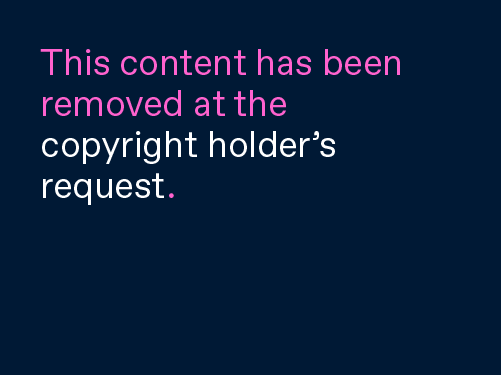In these “conversations,” scholars recommending changes to the way science is conducted have been unflatteringly described as sanctimonious, despotic, authoritarian, doctrinaire, and militant, and creatively labeled with names such as shameless little bullies, assholes, McCarthyites, second stringers, methodological terrorists, fascists, Nazis, Stasi, witch hunters, reproducibility bros, data parasites, destructo-critics, replication police, self-appointed data police, destructive iconoclasts, vigilantes, accuracy fetishists, and human scum. Yes, every one of those terms has been used in public discourse, typically by eminent (i.e., senior) psychologists.
Villainizing those calling for methodological reform is ingenious, particularly if you have no compelling argument against the proposed changes*. It is a surprisingly effective, if corrosive, strategy.
Yes, it is, at least in the short term. I haven't heard open science advocates referred to as The Spanish Inquisition just yet, but then again "nobody expects The Spanish Inquisition!"
But I digress. When a whole group of scholars and educators are characterized as Nazis or Stasi, that's bound to be some sort of a red flag. After all, I'd like to think we all agree that Nazis are bad, and that the Stasi (or KGB or any other such outfit) is not an organization we'd want to emulate. Or even using the term authoritarian is quite loaded. I study authoritarianism as part of my research program, and so that term definitely makes an impression - and definitely not in a good way. But what if the people who are being called all these names are nothing like that? If one has formed an impression of someone as being the equivalent of a member of one of these awful groups, would there even be any motivation to interact? That's more my concern: stifling conversations that appear to me we need to have.
I've noticed similar language used to describe researchers who have presented findings that run counter to popular claims that various forms of mass media influence aggression and violence. Being a skeptic in this particular corner of the research universe can get you referred to as "holocaust deniers" and "industry apologists" (among other epithets). In the short term, that might work for those who have legacies to defend. Long term? What happens when you see more and more studies citing your work primarily refuting your work? Ignoring and name-calling will only get you so far. Maybe things are not as settled as was previously thought. But once that well has been tainted, productive dialog is not exactly going to happen. And that is one hell of a shame.
Since I've seen this before, I am not surprised that calls to make the way we conduct our research more transparent end up meeting similar resistance. As someone who simply found myself my methods courses a few years ago, I can tell you that my initial reaction to the crisis in confidence (as it now encompasses a replication crisis, a measurement crisis, and a theoretical crisis) was a bit sanguine. Then I became more concerned as more evidence and commentary came in. Since I did not know the main proponents of open science personally, I decided to follow their work from a distance. Turns out I was overly cautious at first (after all, when a group gets characterized negatively...). And over time I have waded in and interacted. And I don't see Stasi, or authoritarians, or human scum, etc. What I see are mostly young-ish researchers who share a similar set of concerns about the field, who seem committed to getting it as right as is humanly possible, and who are fun to talk to. I realize that negative portrayals may make it hard for others to see things as I do. I also will not discount that there are probably some bad actors among its proponents (but isn't that true in practically any facet of human existence?).
The folks who can teach you how to detect data analysis reporting errors, how to spot possible p-hacking, and can offer some solutions that may prevent many of the problems that have plagued the psychological sciences are worth a fair hearing. Probably much more than that. Business as usual hasn't exactly been working, as the evidence continues to mount each time a classic finding gets debunked or a major work turns out to be so full of errors as to be no longer worth citing.
In the meantime, I have no illusions about the academic world. It has always been a rather contentious arena. Arguing over data or theory may or may not be fruitful. Arguing over how to build a better mousetrap probably is fruitful. In those cases, the more interaction, the better. Maybe we will end up not agreeing on much. Maybe we'll find common ground. Name-calling on the other hand is pointless, and merely betrays a lack of ideas, or at minimum a lack of confidence in one's ideas. Noting that basic fact won't stop that particular phenomenon. Comes with the territory. Best we can do is spot toxic behavior when it occurs, and try to accept it for what it is and minimize our exposure to those who genuinely are bad actors. And realize in the process that the struggle to change a field for the better is likely one that will feel endless. The struggle will continue, and continue, and continue.
Onward.

No comments:
Post a Comment